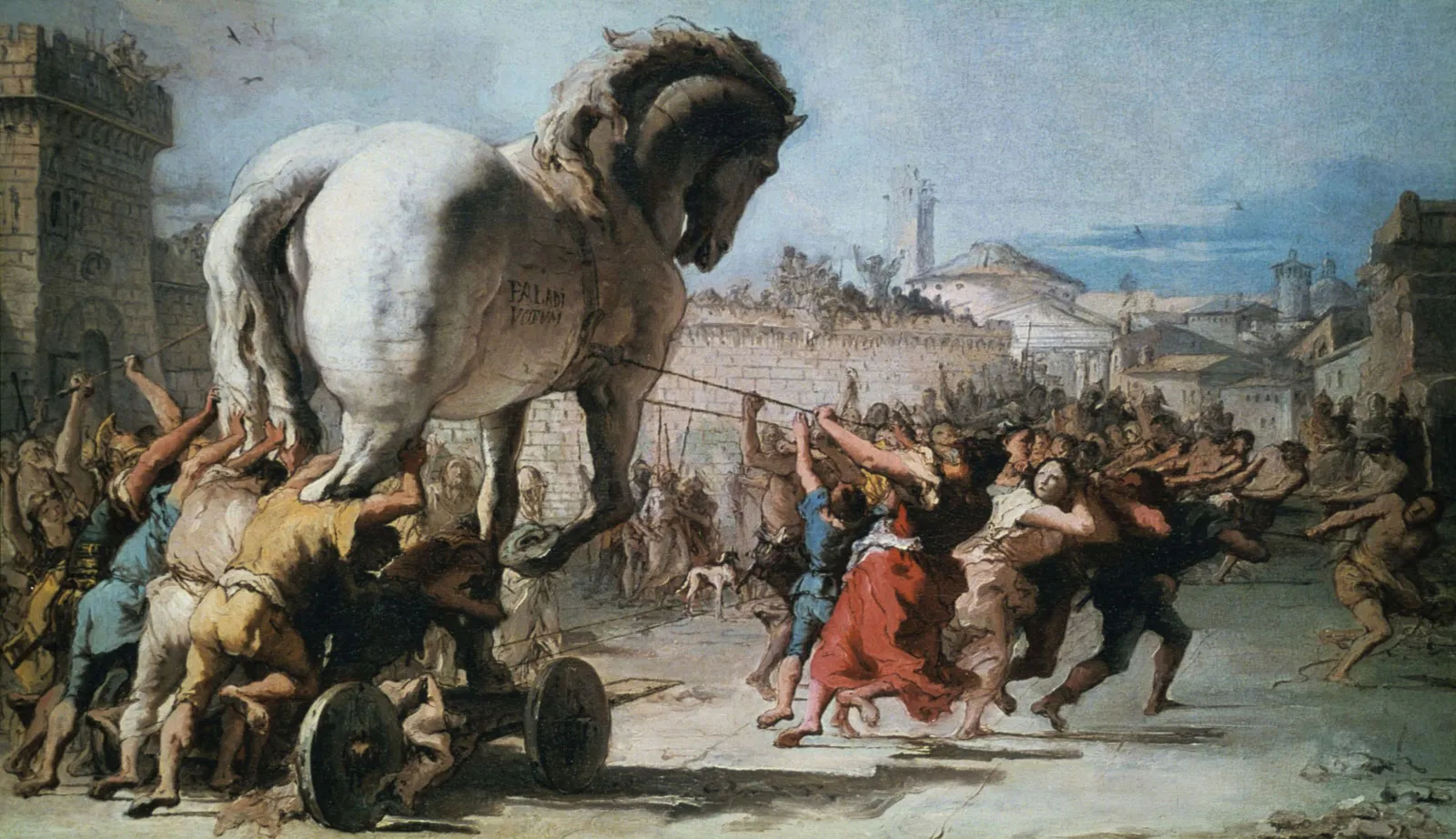nightglow.info – The Trojan War, a legendary conflict between the city of Troy and the Greeks, is one of the most enduring tales of heroism, tragedy, and divine intervention in Western literature. It is primarily known through the works of Homer, the ancient Greek poet, whose epic poems “The Iliad” and “The Odyssey” detail the events of the war and its aftermath. The story of the Trojan War has captivated audiences for millennia, offering a rich tapestry of characters, from the noble Hector to the cunning Odysseus, and from the beautiful Helen to the wrathful Achilles.
The Causes of the Trojan War
The war was said to have been sparked by the abduction of Helen, the most beautiful woman in the world and the wife of Menelaus, king of Sparta. Paris, a prince of Troy, visited Sparta and was enchanted by Helen. With the help of Aphrodite, the goddess of love and beauty, Paris convinced Helen to leave with him for Troy. This act of betrayal led to Menelaus seeking the aid of his brother, Agamemnon, king of Mycenae, and together they assembled a vast army of Greek warriors to sail to Troy and reclaim Helen.
The Siege of Troy
The Greeks, led by Agamemnon, laid siege to Troy for ten long years. The city of Troy was protected by high, impenetrable walls, built by the gods themselves, making a direct assault nearly impossible. The siege was marked by numerous battles, duels, and skirmishes, with both sides suffering heavy losses. The Greeks, despite their superior numbers, could not breach the walls, and the Trojans, though outnumbered, held strong within their fortified city.
Key Battles and Heroes
Several key battles and heroes emerged during the siege. Achilles, the greatest of the Greek warriors, was invincible in battle, save for his heel. His wrath, detailed in “The Iliad,” led to the death of Hector, Troy’s greatest defender. The Achaean (Greek) hero Odysseus was known for his cunning and intelligence, playing a crucial role in the eventual fall of Troy.
The Trojan Horse
After years of stalemate, the Greeks devised a cunning plan to end the war. Odysseus conceived the idea of the Trojan Horse, a massive wooden horse filled with Greek soldiers. The Greeks pretended to sail away, leaving the horse as an offering to the gods. The Trojans, believing the war to be over, brought the horse inside their city walls. That night, the Greek soldiers emerged from the horse, opened the city gates, and allowed the Greek army, which had sailed back under the cover of darkness, to enter and sack Troy.
The Aftermath and Legacy
The fall of Troy marked the end of the Trojan War, but the story did not end there. Many of the Greek heroes faced further trials and tribulations on their journey home, as detailed in “The Odyssey.” The Trojan War has left a lasting legacy, influencing countless works of art, literature, and film. It remains a powerful narrative of human folly, the capriciousness of the gods, and the enduring spirit of heroism.
Conclusion
The Epic of the Trojan War is more than just a story of ancient conflict; it is a timeless tale of love, honor, and the human condition. Through its characters and events, it explores the complexities of human nature and the consequences of our actions. The Trojan War continues to inspire and captivate, reminding us of the enduring power of epic storytelling.
